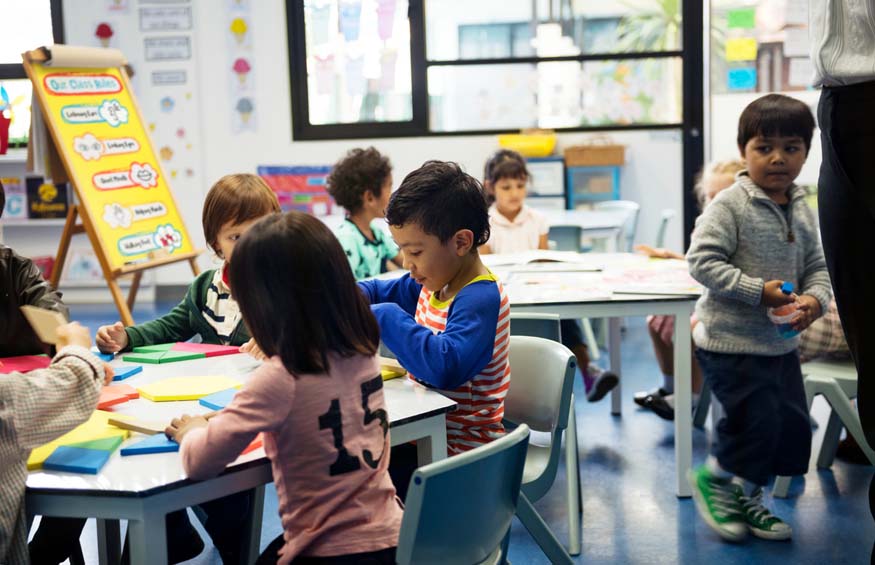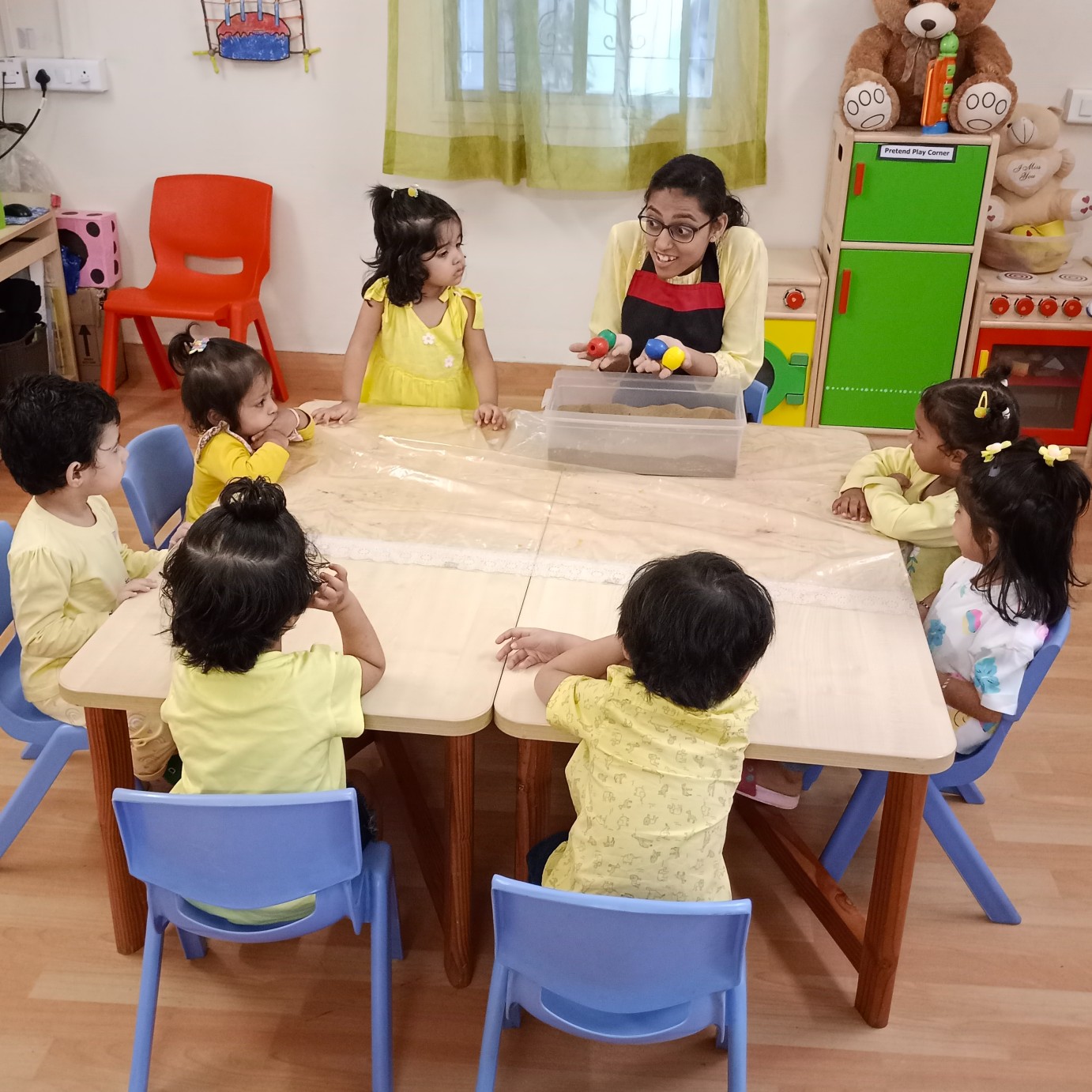After-school programs play a vital role in supporting children’s education and development beyond regular school hours. One such initiative, the lola and tots after school program, offers structured activities that aim to enhance children’s academic, social, and creative skills. Designed to provide a safe and engaging environment, the program caters to students who require additional academic support, enrichment activities, and a supervised space for constructive learning.
Educational Support and Homework Assistance
One of the primary objectives of the After-School Programs is to reinforce classroom learning. Many students face challenges in completing homework assignments or grasping specific concepts taught during the school day. The program provides dedicated time for students to complete their homework under the guidance of trained staff. Educators and tutors are available to assist with difficult subjects, ensuring that students receive the necessary support to improve their understanding and performance in school.
By creating a structured learning atmosphere, the program helps students develop better study habits, time management skills, and self-discipline. Additionally, small group settings allow for personalized attention, which is often not feasible in a typical classroom environment.
Creative and Recreational Activities
Apart from academic assistance, the program incorporates various creative and recreational activities. Engaging in arts, music, and drama helps children explore their interests and develop self-expression. These activities not only enhance creativity but also build confidence and social skills.
Physical activities, including sports and outdoor play, are also a key component of the program. Recognizing the importance of physical fitness, structured playtime encourages children to remain active while learning teamwork and leadership skills. By balancing academic support with recreational activities, the program ensures holistic development.
Social and Emotional Development
Social interaction is a fundamental aspect of any after-school program. At these programs, children interact with peers in a structured and supervised setting, fostering teamwork, communication, and conflict-resolution skills. Activities that promote collaboration help children build meaningful relationships and develop emotional intelligence.
Additionally, the program integrates lessons on character development, focusing on values such as responsibility, kindness, and respect. These lessons taught through storytelling, group discussions, and interactive activities, equip children with essential life skills that contribute to their personal growth and overall well-being.
STEM Enrichment and Technological Exposure
With the growing emphasis on science, technology, engineering, and mathematics (STEM) education, the After-School Programs include STEM-related activities to nurture curiosity and problem-solving skills. Hands-on experiments, coding exercises, and interactive learning tools introduce children to foundational STEM concepts in an engaging manner.
Technology has become one of the most crucial factors and plays an important role in modern education. The program incorporates digital learning resources to complement traditional teaching methods, ensuring that students are exposed to the latest advancements in education. By integrating STEM and technology-based activities, the program prepares children for future academic and career opportunities.
Safe and Structured Environment
Providing a safe and supervised space for children after school is a significant advantage. Parents and guardians often have work commitments that extend beyond school hours, making structured after-school care essential. The program ensures that children are in a secure environment where they are engaged in meaningful activities rather than unsupervised or idle at home.
Trained staff members prioritize safety and well-being, maintaining a nurturing atmosphere that fosters learning and personal growth. The structured nature of the program minimizes distractions and encourages positive behavior, helping children develop a sense of routine and responsibility.
Parental Involvement and Communication
Recognizing the importance of parental engagement, the after-school programs encourage open communication between educators and parents. Regular progress updates, parent-teacher meetings, and feedback sessions ensure that parents remain informed about their child’s development.
Workshops and events are also organized to involve parents in their child’s learning journey. These initiatives help strengthen the connection between home and school, reinforcing the support system that children need to thrive academically and socially.
Conclusion
The Lola and Tots after School Program serves as an enriching platform that extends learning beyond the classroom. By integrating academic support, creative activities, social development, and STEM education, the program fosters a well-rounded approach to child development. Its emphasis on safety, structured learning, and parental involvement makes it a valuable resource for both students and their families.
As the need for quality after-school programs continues to grow, initiatives like such play a crucial role in shaping the future of young learners, equipping them with the skills and knowledge needed to succeed in school and beyond.






